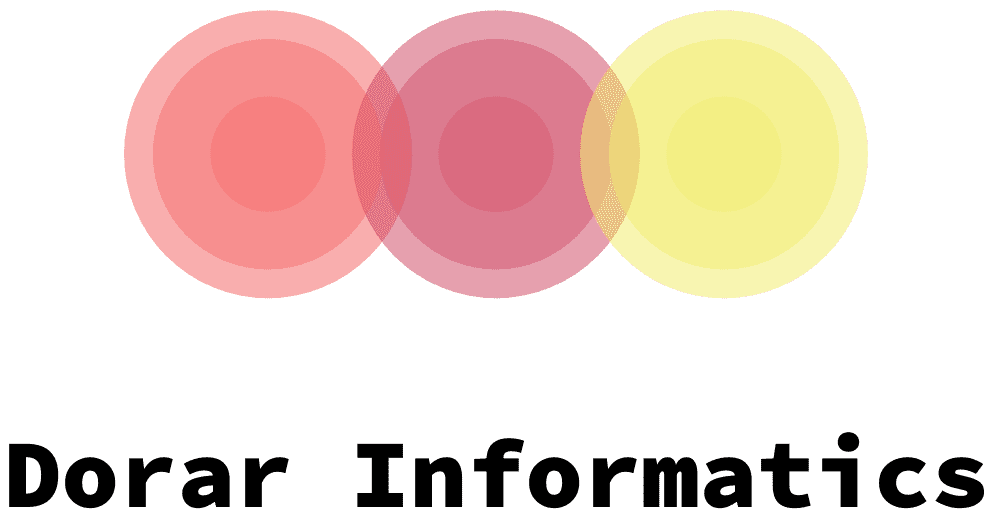A reverse mortgage is a type of home loan that enables older homeowners to access the equity in their homes. The money can be used for a variety of purposes, including paying off debts and expenses.
Reverse mortgages are also known as Home Equity Conversion Mortgages (HECMs). They’re a good way to turn your home’s equity into cash. But borrowers must meet certain requirements to qualify.
What is a Reverse Mortgage?
A reverse mortgage is a loan that allows older homeowners to convert a portion of their home’s equity into cash. They can withdraw the money in a lump sum, monthly payments or a line of credit, as they choose. Depending on the lender, there may be fees and charges to pay during the life of the loan.
The most common type of reverse mortgage is a Home Equity Conversion Mortgage (HECM), which is insured by the Federal Housing Administration. It’s available only to borrowers who are at least 62 years old and is a nonrecourse loan, meaning that you won’t have to repay more than your home is worth when it’s sold. In addition, HECMs are also usually backed by FHA insurance, so if the sale of your home doesn’t cover the full amount of the loan, you won’t be liable for it.
If you’re considering taking out a reverse mortgage, it’s important to have a clear idea of your financial needs. Make a budget and see what your current living expenses are, including things like groceries, medical costs and property taxes. This will help you determine whether a reverse mortgage is right for you.
Another thing to consider is whether you’ll be staying in your home for an extended period of time. These types of mortgages can have high upfront costs and require that you live in your home, but they may not be a good option if you plan to move fairly soon.
Many people use their reverse mortgage proceeds to supplement retirement income, or to cover the cost of home repairs and out-of-pocket healthcare expenses. This can be a valuable way to avoid having to turn to higher-interest credit cards or other loans, says Bruce McClary, spokesperson for the National Foundation for Credit Counseling.
However, before you take out a reverse mortgage, it’s a good idea to talk with a financial expert. They can explain the pros and cons of this type of home loan, as well as give you a better idea of how much money you’ll be able to get out of it.
How Can I Get a Reverse Mortgage?
Reverse mortgages can be a helpful option for seniors who want to access the equity in their homes. However, you should be cautious about the pitfalls of this type of loan and take your time to make sure that you’re getting the best deal possible.
The amount of the money you can receive is based on your age, home’s value and current interest rates. The HECM (Home Equity Conversion Mortgage) program is the most common reverse mortgage, but there are other options available to seniors as well.
You will need to meet specific requirements, including having at least 50% equity in your home based on its current market value, not the amount you paid for it. You also must be able to pay property taxes, insurance and homeowners association dues if applicable.
Your lender can foreclose on your home if you don’t pay your bills or maintain the house. This is especially true if you move out of the home to live in an assisted living facility or other long-term care facility, and if your property taxes are late or you don’t have enough insurance coverage.
Another downside of a reverse mortgage is that the amount you owe will increase each month, because you have to pay interest and fees on the loan. This will reduce your home’s equity over the life of the loan, and you might not be able to afford to pay back the loan in full by the time it is paid out.
Some lenders offer a line of credit on top of the loan, which allows you to borrow additional funds as needed. This can be a good way to supplement your income.
Alternatively, you can get a traditional mortgage loan that pays out a fixed amount each month for as long as you continue to occupy the home. But, these loans often have higher interest rates and fees than reverse mortgages.
The best thing to do if you are considering a reverse mortgage is to seek advice from a financial adviser or counselor. This person will be able to guide you through the process and help you decide which type of loan is right for you. It’s also a good idea to check with a reverse mortgage salesperson to see how much money you could potentially get from the loan, and how the costs and fees are calculated. If you feel pressured into signing anything without first checking with a professional, walk away and don’t be afraid to ask for an explanation of the terms.
How Much Can I Get?
If you are 62 or older, you may be able to tap into your home’s equity using a reverse mortgage. The amount you can borrow depends on your age, current interest rates and your home’s appraised value.
The money you receive from a reverse mortgage can be used to pay off your primary mortgage, make major repairs or supplement retirement income. Reverse mortgages also provide tax-free money, so they can be an excellent way to help you stay in your home longer without having to sell.
You can take out a reverse mortgage as a lump sum, as a line of credit or in monthly payments. Each of these options offers different benefits and advantages. The biggest advantage is that you can choose how much of the loan you want to use.
A reverse mortgage can be a great tool to access your home’s equity and supplement your income, but you should be sure you know how it works before applying for one. It can be a complicated process and you should understand all the terms and conditions before signing on the dotted line.
Reverse mortgages have variable interest rates, which can increase over time. This can mean you will have to pay more interest on your loan than you would if you got a fixed monthly payment. However, you will also be able to pay off your loan in full at any time.
In most cases, the amount you can get from a reverse mortgage is limited to 80% of the total home equity. This percentage can rise with age and your home’s appraised value.
If your home’s value is over the HECM cap, you can qualify for what is called a jumbo reverse mortgage. These loans allow you to borrow more than the HECM cap and may be used for larger home projects, such as a new roof or landscaping.
The HECM cap is set at $679,650, and most people will not be able to borrow that much. If you have a large property, you should ask your lender about whether you can qualify for a jumbo reverse mortgage.
What Are the Pros and Cons of Getting a Reverse Mortgage?
Getting a reverse mortgage is a great option for retirees who are looking to increase their income. However, it’s important to consider the pros and cons before you apply for one.
A reverse mortgage is a loan that allows homeowners age 62 and over to convert a portion of their home equity into cash without having to make monthly payments. This can be a helpful way to supplement retirement income or help you pay for expenses like healthcare costs, home repairs or other retirement needs.
Reverse mortgages can also help you avoid foreclosure. However, they’re not for everyone and should only be considered if there’s no other alternative.
The biggest risk with reverse mortgages is that they can be very expensive. You’ll lose a lot of your equity as the interest compounds, and if you expect to live in the house for several years after you apply for the mortgage or use it for other purposes (like buying a vacation home, taking a world voyage or passing it down to your heirs), you might not have enough money left over when the time comes to sell.
Another negative is that a reverse mortgage can impact your ability to qualify for Medicaid coverage, which is need-based. This could have a significant impact on your finances if you are already struggling with health problems or other financial issues.
Finally, if you have high credit card debt or other derogatory debts, applying for a reverse mortgage may negatively affect your credit score, which could result in you having a harder time obtaining credit. If you have credit card debt or other debts, it’s a good idea to seek assistance from a credit counselor or financial adviser to create a debt management plan.
In addition, you must prove that you’ll be living in the home for at least 12 months after you take out a reverse mortgage. If you decide to move to a nursing home or other care facility during the loan period, the lender can foreclose on your home and reclaim it.

